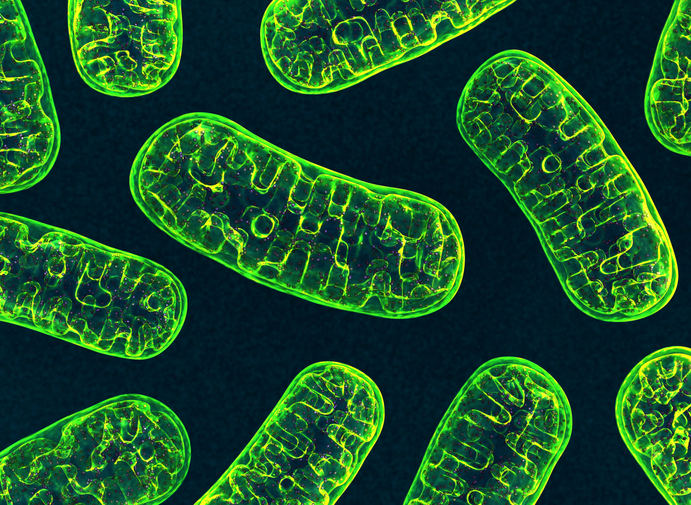
A change in function in a mitochondrial antioxidant protein increases stem cell gene expression that promotes the development of more aggressive cancerous cells, according to a recent Northwestern Medicine study published in Proceedings of the National Academy of Sciences.
While the protein superoxide dismutase-2 (SOD2) has been known to scientists as both a mitochondrial antioxidant, a function that usually protects against the development of cancer, and as a tumor promoting agent later in established disease, the specific mechanisms underlying these dual behaviors have not been fully understood.
"We provided the discovery of a new form of this enzyme that is substantially different than the antioxidant that is involved in genomic reprogramming promoting the evolution of these more aggressive forms of breast cancer. Although we focused on breast cancer, we believe this finding could also be generalized to other forms of cancer, as well," said Marcelo Bonini, Ph.D., professor of Medicine in the Division of Hematology and Oncology and senior author of the study.
In the current study, the authors explored the biological function of SOD2, especially when it was located in a cell's nucleus. Using a variety of techniques including cell cultures, immunofluorescence microscopy, an interactome assay, and RNA sequencing analysis, Bonini and his collaborators observed that a cellular process called acetylation led to SOD2 increasing its affinity to binding iron, instead of manganese, and caused it to localize in the nucleus instead of mitochondria.
Read more...







